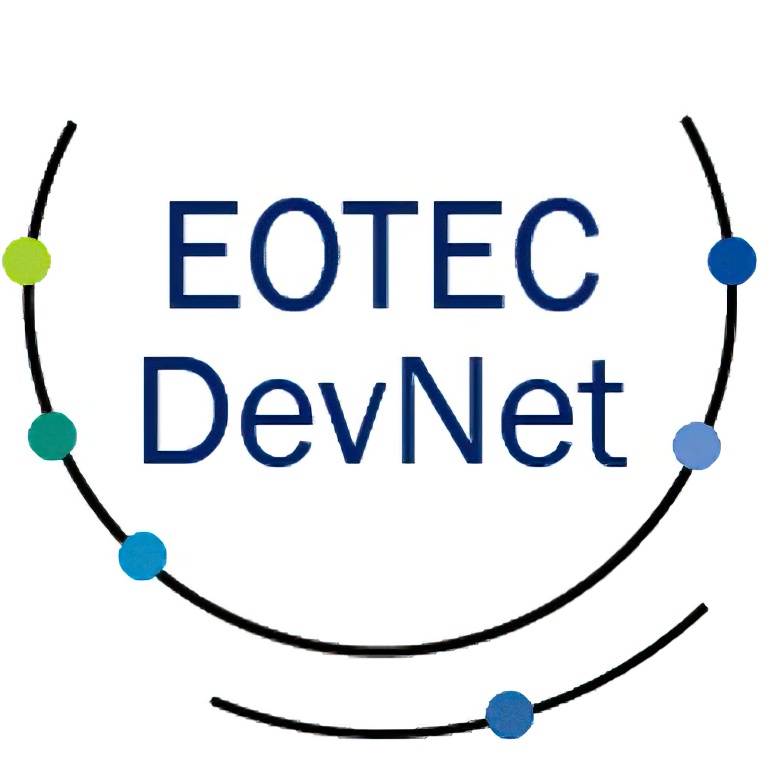A special online training course for trainers in all WMO Regions will be offered, in English, and will focus on the implementation of innovations in education and training. The course is based on the forthcoming publication, the WMO Global Campus Innovations, and is offered in both open and certificate paths.
The course will be offered over 9 weeks (Annex I), from 25 May to 31 July 2020, with the core period running from 1 June to 24 July 2020, including a pre-course preparatory period from 25 to 29 May 2020, and a final closing week from 27 to 31 July 2020 for those wishing to obtain a Certificate of Completion.
The two possible paths are as follows:
– An open path, for those wishing to participate only in sessions of interest, and do not require a certificate of completion,
– A certificate path, which will require several short written Reflection Papers and assigned readings, as well as a short project, in the form of an Innovation Implementation plan for their organization.
Workplace changes are occurring more rapidly each day, calling for significant innovations in the way we educate and train people for their professional careers. The new global and digital economies call for fluidity, resilience, and readiness for rapid reskilling to meet changing demands. The goal of this online course is to promote innovation in education and training practices by developing skills and strategies for implementing innovations. You will do this primarily by reviewing stories of innovations implemented by WMO Member institutions, which have been collected in the WMO Global Campus Innovations, as well as by reviewing innovation processes and using a template for planning to implement an innovation. After participating in this online course, participants will have gained ideas for innovations that may be useful in their organization, and developed skills for planning and implementing an innovation. The knowledge and skills gained will contribute to the development of the competencies identified in the WMO Competency Requirements for Education and Training Providers for Meteorological, Hydrological and Climate Services, as approved by EC-65, and as described in WMO-No. 1209, Compendium of WMO Competency Frameworks.
The course is designed to be practical and highly active, but will rely on participant contributions to make it so. It will include many opportunities for interaction with facilitators, authors of the publication and fellow participants.
During the course participants will review and discuss chapters of interest. Those in the Certificate Path will have short, one-page writing assignments about selected readings and a short final project. For final projects, participants will be expected to work either independently or in small groups from the same institution.
Both trainers and managers responsible for planning, designing and decision-making regarding training will benefit from this online event. Spaces for participants in the Certificate Path will be limited to 50.
All Certificate Path participants will be expected to dedicate a minimum of 3 hours each week during the 8 core weeks to enable completion of readings, writings and project tasks. It is critical to the success of this course that this time is made available to participants apart from within their weekly work responsibilities. For this reason, all nominations from Permanent Representatives will require acknowledgement of this time requirement for the Certificate Path. Participants will be enrolled in the WMO Education and Training Programme e-Learning Website and also expected to undertake the short Pre-Course preparatory work.
